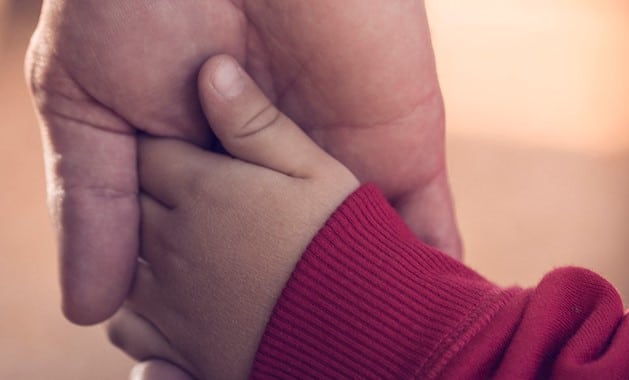In 2017, LSSI started its pilot Therapeutic Foster Care program to support children who have experienced severe trauma, and whose behavioral issues prevent them from being placed in traditional foster homes. With locations in Aurora, Chicago, and Rockford, the program is proving successful in equipping these children with skills to succeed.
“Kids are graduating from this program already… and there’s a difference,” said Marnie Jamison, a Therapeutic Foster Parent, who compared the program with her experience in traditional foster care. “I don’t see the same results. I see better results.”
“The evidence based program is important because it shows validity that this has worked,” said Maya Maclin, a Team Leader.
An example of one program strategy is a “school card,” where teachers record children’s behavior. With this added motivation, one child received the top score in his honors algebra class, and another received the “Most Improved Student” award at his school.
Therapeutic Foster Care is a team effort. The foster parents meet weekly with clinicians and caseworkers who provide training and support. They also receive daily check-in calls. The team is available 24/7 to talk to therapeutic foster parents if needed.
LSSI assesses the level of service children with psychiatric, substance use, medical and/or developmental concerns need on a six-point scale. Six indicates highest need, and the average score for children accepted into LSSI’s program is 5.1. The average score for children leaving the program is 2.5. To date, 83% of children have successfully exited the program.
Brenden’s* parents were arrested for drug use. He was nonresponsive even to his name and ate only off the floor. Through Therapeutic Foster Care, he developed the basic life skills he needed while his parents invested in the program’s family therapy components and other support resources. Ultimately, they were reunited as a family.
Such success stories inspire staff and foster parents alike, who experience them firsthand, and continue providing the time, effort, and unconditional love the children require. “When my child started, she was afraid,” said Jamison. “Through the program, she’s much more secure.”
*Name changed to protect confidentiality
Veronica Campbell, a 2019 Valparaiso University Calling and Purpose in Society (CAPS) Fellow, wrote this article.
